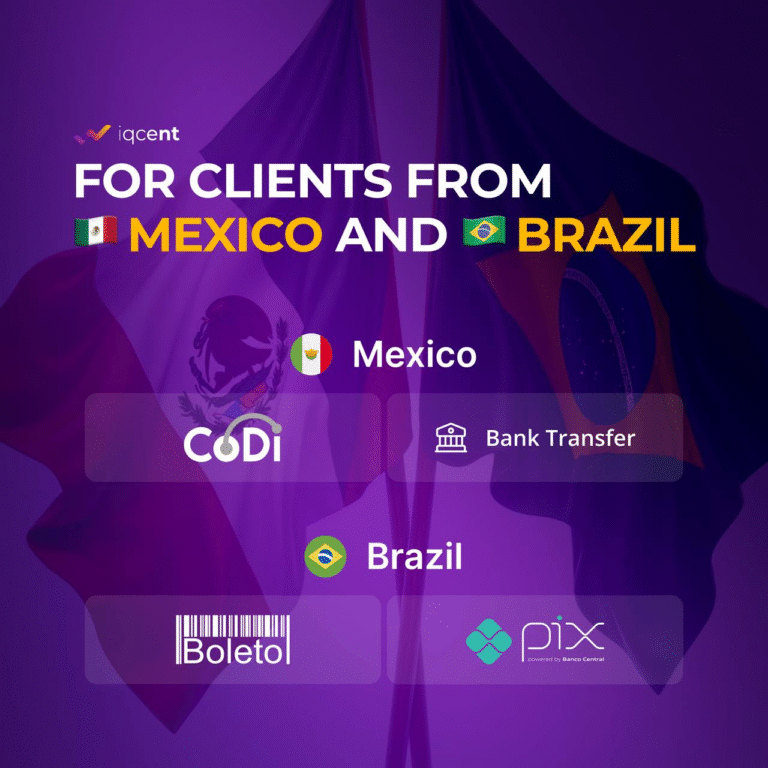Multi-currency payments provider FairFX has revealed that since the Brexit referendum, the Euro has decreased 13% against the pound increasing financial pressure on businesses who operate cross border.
Uncertainty over future trade agreements alongside fluctuating currency rates have put the spotlight on the cost of doing business internationally and highlights the importance of monitoring foreign currency transactions.
An estimated 17% of UK based SMEs are doing business internationally, boosting their own bottom line, as well as the UK economy. Whilst international expansion offers access to new markets, ambitions for growth need to be well planned financially, starting with the basics.
35% of SMEs state cashflow is a barrier to growth, making smart currency moves essential when it comes to international payments, and by getting the best value for every international transaction, both business ambition and cashflow can be supported.
FairFX Top tips for getting the best value when making international payments
- Know what you want
To get the best international payment provider for your business you need to know what you want. Consider how regularly you’ll be sending and receiving money overseas, how many currencies you’ll need to transact in and understand the costs associated with making both singular and regular transactions.
Fees and charges can vary by transaction type, day, time and speed you require the transaction to be completed in, so list out the different transaction types you may want to make and understand how the fees and charges can vary so you don’t get caught out. Understand how currency rates are set and how they compare to other providers. This can be confusing to unpick so speak to a currency expert if necessary.
- Review your current payment package
High street banks don’t offer the best value when it comes to international business payments. Using your current banking provider to handle international as well as domestic transactions may be convenient but defaulting to them might mean you’re missing out on better rates and lower fees.
As your business grows and develops, your business banking needs will also evolve and if you’re transacting regularly small charges can add up, meaning you could be paying a high price for an unsuitable service
- Select a transparent, convenient and consistent service
If you’re regularly buying from and selling abroad, fees could soon take a portion of profit from your bottom line. Pick a provider whose fees are transparent and made clear upfront so you can better manage your expenses. Look for a service where rates are consistently good – don’t be lured with teaser offers that expire and leave you trapped or unaware of post introductory fees and charges.
- Understand the market you’re operating in
Keeping track of currency movements can be easier said than done, so sign up for a reliable rate watch service, like the one provided by FairFX which alerts you when currencies you operate in have moved in your favour. This way you can make international payments when rates give you a commercial advantage.
- Maintain your standards
The rigorous standards you set for expenses and payments at home don’t stop when your employees pass border control, so find a solution where you are confident in who is spending what. Consider prepaid corporate cards which allow you to transact with competitive exchange rates and top-up in real-time, giving your staff the funds they need to travel for work, providing peace of mind and control over expenditure on a global scale.
- Watch the way your employees pay
When it comes to travel, regardless of whether your staff are hosting meetings or need to cover the cost of their own accommodation and essentials, make sure you’re in charge of the exchange rate they are using for their payments.
The FairFX corporate prepaid card allows staff to pay for expenses with the amount of money you have approved them to spend, whilst you can track and report on spending on the integrated online platform, so there is no reliance on employees using their own payment methods, choosing the exchange rate and fees charged and reclaiming the cost from your business.
- Benefit from the best rates
Exchange rates fluctuate from day to day with the euro currently 13% lower than before the Brexit referendum announcement, a sum that on a large transfer could make the difference between profit and loss. Consider a forward contract to ensure you can benefit from peak rates by fixing international transactions up to a year in advance.
- Ask an expert
If you are regularly making international payments it is worth finding an expert to help you with services not offered by your bank to help minimise risk and maximise the return of doing business overseas.
- Set up a stop loss or limit order
Protect your business against market downturns with the aid of a Stop Loss, which will ensure any losses are limited if you’re aiming for a higher rate and the market takes a turn.
Also consider a Limit Order where you set up ‘target’ exchange rates and ask your currency dealer to process the transaction when the rate you’ve set is achieved to give you certainty over how payments will affect your bottom line.
Ian Stafford-Taylor, CEO of FairFX said:
“Easy access to international currency at market-leading rates whether travelling abroad or sending and receiving payments is vital for businesses breaking into and operating successfully internationally, especially in a market where rates are constantly fluctuating.
“Many small and medium sized businesses settle for high street bank accounts which can charge extortionate fees for international transactions and offer poor service. The right account and sensible planning could add up to big savings, something that SMEs can ill afford to waste in a competitive marketplace
“As future trade agreements post Brexit become clearer businesses could find themselves with heavy workloads as they adjust the way they operate, so finding a trusted payment provider and reaping every possible benefit when it comes to currency will continue to be crucial for success.”
























